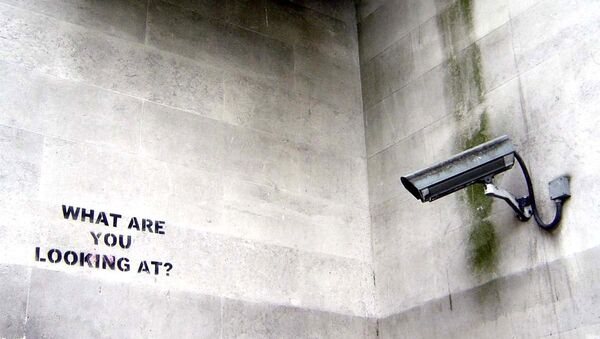
“It seems like we’re always addressing issues after the fact when it comes to certain government technologies and methodologies,” Petersen was quoted in local press. “It does make more sense to simply address it in a more universal way so that explicitly the protections of the Fourth Amendment are extended to electronic data.”
Former National Security Agency contractor Edward Snowden caused a furor two years ago when he revealed the ultra-secret spy agency was collecting information on millions of Americans without a warrant, and that included tracking information via cellphones. Congress so far hasn't been able to agree to specific legislation addressing warrantless gathering of information, and President Obama recently reauthorized it, saying it's on Congress to come up with a solution.
The NSA shares warrantless data with state and local law enforcement agencies through the little-known Special Operations Division at the federal Drug Enforcement Agency, but a Reuters report last year found that most of information had nothing to do with national security issues. Former NSA technology chief William Binney has called this method of gathering information "too much power" and "the most threatening situation to our constitutional republic since the Civil War."
Petersen's legislation says that "a government agency may not obtain personal identifying information concerning an individual without a search warrant," and that the court order would only be granted if there is "probable cause" that the person has or is committing a crime.
The bill also prohibits state government offices from forcing cellphone and other communications providers to cooperate with federal agencies if there's no warrant. The legislation says the warrant would expire after two months.
Most importantly, Petersen's bill would make any information obtained without a warrant completely inadmissible in state court. That means NSA's program wouldn't fly in Minnesota if that bill becomes law. Petersen is currently lobbying colleagues to co-sponsor the bill and move it along the legislative process.




